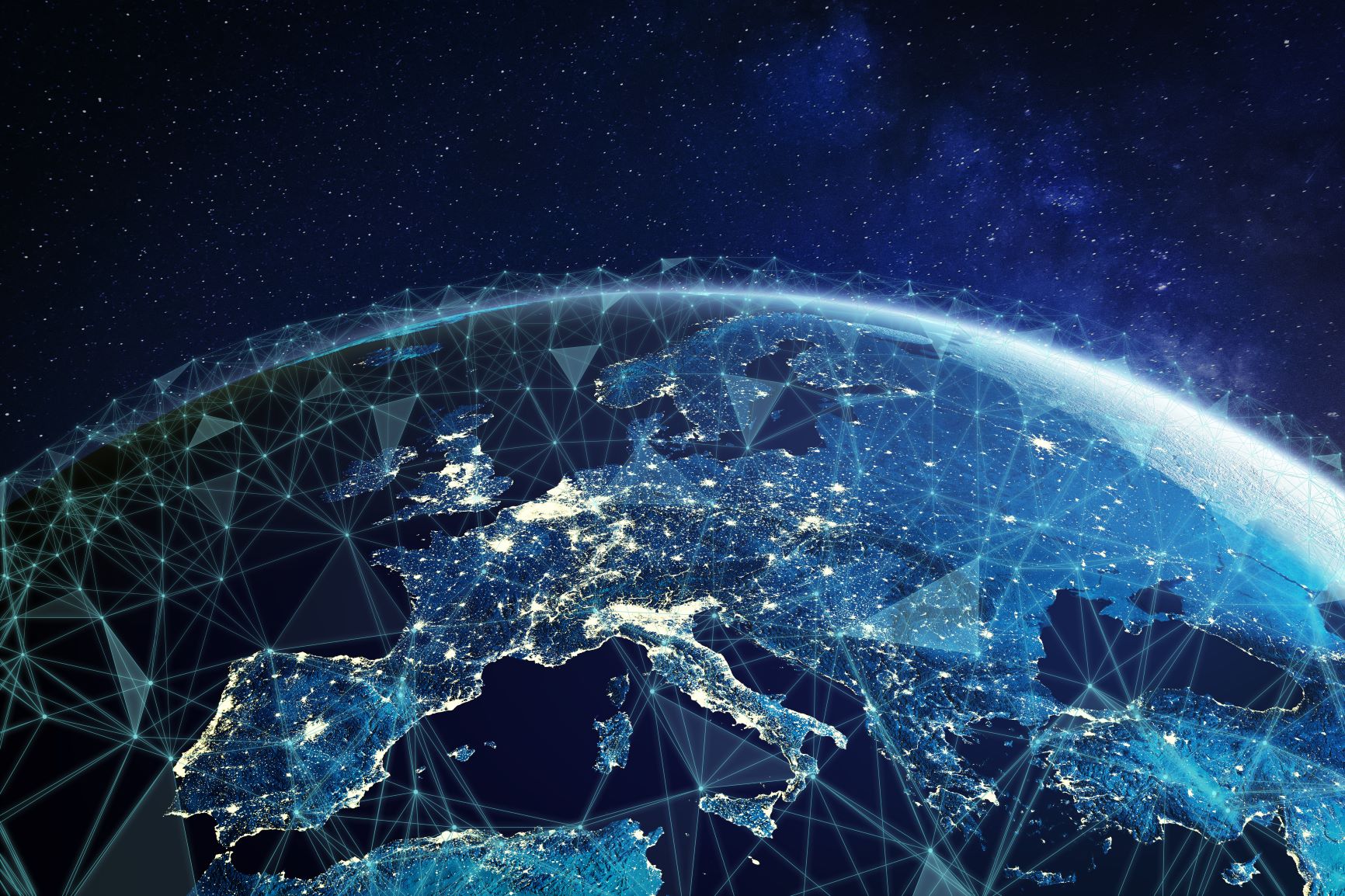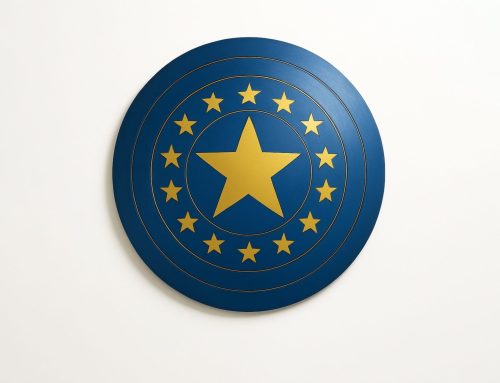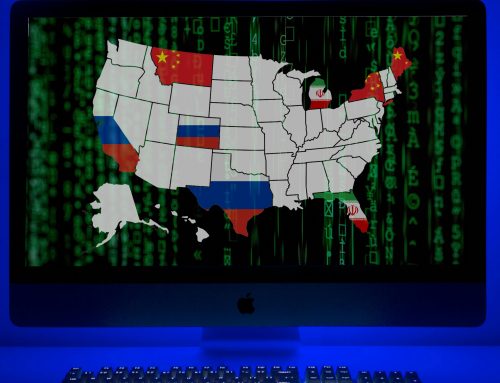Introduction
Europe is on the cusp of a crucial technological and political transformation. This year, most EU member states will need to finalize plans for building 5G networks, which will overhaul the way their economies function. Only a handful of companies around the globe can provide the equipment needed for a 5G system—China’s Huawei and Europe’s Ericsson and Nokia are leaders. Europe’s telecommunications operators have focused on economic questions such as cost and timing in selecting suppliers, but strategic and geopolitical concerns are no less important, as are the concerns of Europe’s allies. The United States has banned Huawei from much of its infrastructure over security concerns, and in July, the United Kingdom reversed course and banned the installation of new Huawei parts from its 5G networks starting in 2021 and requiring the removal of existing equipment by 2027. The EU’s member states are in the process of making critical decisions of their own, and the stakes are high. Europe is at risk of locking itself into new technological and strategic dependencies with an authoritarian state: China.
Europe has deep and painful experience with dependence on an authoritarian superpower, just in a different sector and with a different power. The commodity in question is old-fashioned natural gas, and the country is Russia. Western European countries entered into long-term energy ties with Russia through the construction of natural gas pipelines in the 1970s over vehement objections by successive U.S. administrations.1 To this day, Russia is the largest supplier of natural gas to Europe,2 and the decision to power European industry on Russian gas continues to eat away at European and transatlantic solidarity. Germany’s ongoing support for Russian natural gas projects, such as the Nord Stream pipelines, ignores the energy security worries of Germany’s EU neighbors3 and is subjecting European companies to U.S. sanctions.4
Over the past several decades, the natural gas relationship between Russia and Germany, in particular, has grown into a vector for Russia’s influence in Europe’s strongest economy. Former German Chancellor Gerhard Schroeder became the chairman of the board of the first Nord Stream pipeline, which was conceived of during his chancellorship, and then drew further financial benefits from the Russian energy sector in his roles as chairman of the Nord Stream 2 pipeline and of Rosneft, Russia’s massive state-owned oil company.5 Having a former head of government accept money from Russian state-owned companies, and then advocate in favor of government policies friendly to Russia, is an example of how the economic relationship with Russia can corrupt and coopt the political establishment.
It has taken the European Union nearly four decades and significant funds to put in place a regulatory framework and infrastructure that offset the energy security risks inherent in the reliance on Russia’s natural gas. Critical capabilities now in place include the ability to pump gas from west to east, EU oversight of member states’ bilateral natural gas supply contracts with Russia, and the unbundling of monolithic companies to allow for greater competition and third-party access to major infrastructure.6 And the system is still imperfect. While it is unlikely that EU citizens will be left freezing in January because of a natural gas supply cut-off, the distrust that pipelines foment between EU member states continues to poison European ties.
Moreover, getting here required various worst-case scenarios to occur—supply disruptions and Russian military aggression on the European continent—before the EU took significant action. In 2006 and 2009, Russia cut off natural gas supplies because of disputes with Ukraine that literally left Europeans in the cold during the dead of winter.7 These incidents launched real regulatory efforts to increase the security of energy flows.8 But even then, it took Russia’s invasion of Crimea in 2014 for the EU to delve into the bigger geopolitical questions of energy security and launch a European Energy Union.9 The Energy Union has fixed critical vulnerabilities but still was not able to stop plans to build new pipelines to Russia.
The EU does not have forty years to steel itself against the risk of China’s technology and economic coercion. The digital economy is faster-moving and will be more fundamental to the transformation of Europe’s economy in the coming decades than energy trade with Russia has been so far. It may be more important for Europe to protect itself against the strategic vulnerabilities that can come from technological dependency on China than it was for Europe to get the gas question right, and Europe will have less time to do it.
This paper explains what 5G technology is, assesses where the EU stands on telecoms infrastructure and 5G policymaking, compares the risks of Europe’s dependence on Russia for natural gas with the risks of dependence on China for 5G, and offers policy solutions and recommendations for Europe to reduce its vulnerability.
- For example, the Reagan administration: Richard Nephew, Transatlantic Sanctions Policy : From the 1982 Soviet Gas Pipeline Episode to Today, Center on Global Energy Policy, Columbia University, 22 March 2019.
- Eurostat, “EU imports of energy products – recent developments,” June 2020.
- Andrius Sytas, “EU leaders sign letter objecting to Nord Stream-2 gas link,” Reuters, 16 March 2016.
- Euractiv and AFP, “Challenging Germany, US opens way for sanctions on Russia pipeline,” Euractiv, 16 July 2020.
- BBC News, “Anger as German ex-chancellor Schroeder heads up Rosneft board,” 19 September 2017.
- Rem Koreweg, Energy as a tool of foreign policy of authoritarian states, in particular Russia, Study Requested by the European Parliament’s Committee on Foreign Affairs., European Parliament, 27 April 2018.
- Reuters, “Timeline: Gas crises between Russia and Ukraine,” 11 January 2009.
- European Commission, Third Energy Package, 16 March 2020.
- European Commission, Energy Union, 31 July 2020.





